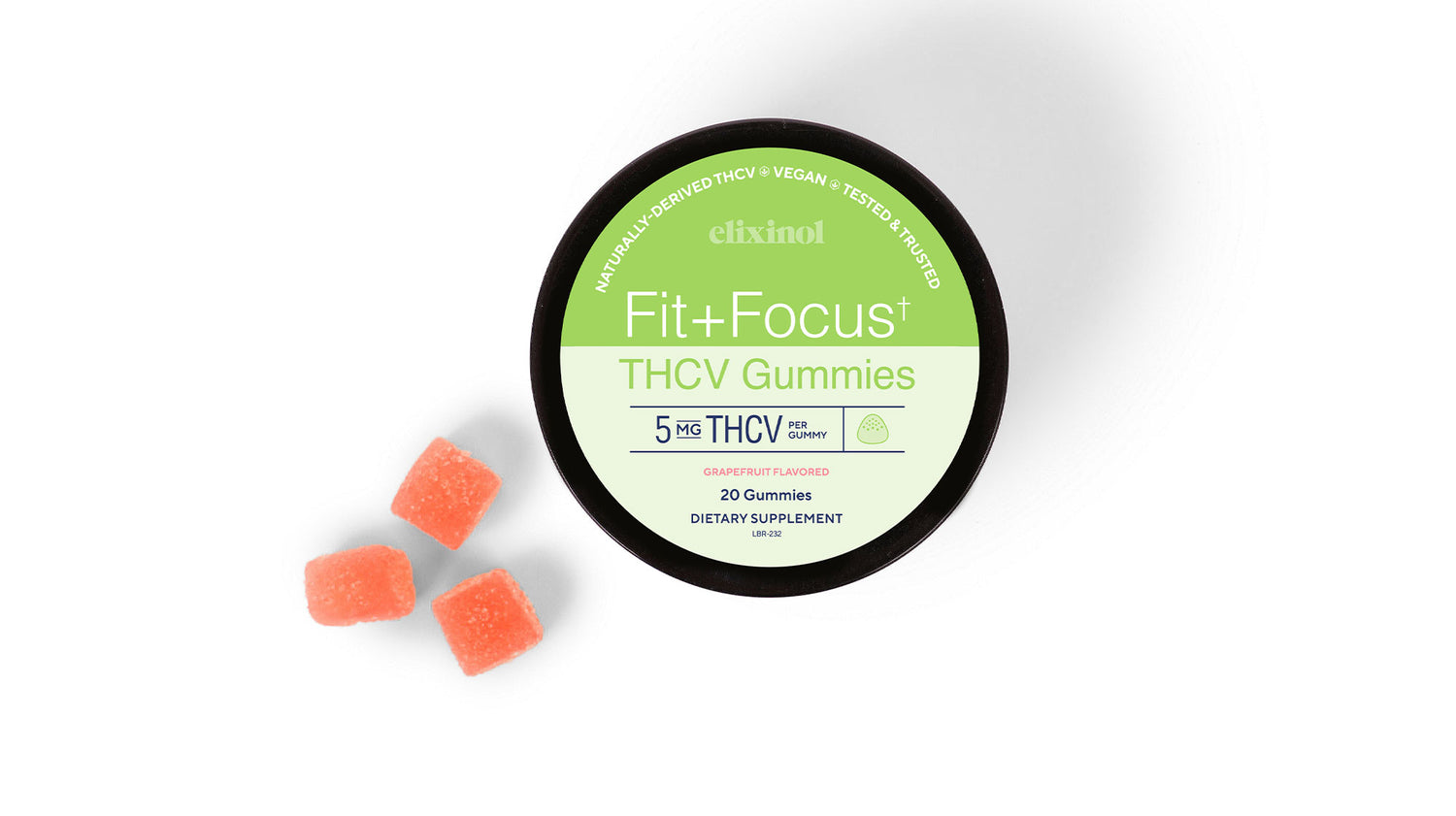We continue our Cannabinoids Explained series with another compound that exists in the Cannabis sativa plant and seems to have important nutritive benefits: CBD-a.
CBD-a or CBD-acid is the main form in which CBD exists in the cannabis plant, along with THC-a (THC-acid). CBD is obtained through non-enzymatic decarboxylation from the acidic form of the cannabinoid, this reaction taking place when the compounds are heated. The decarboxylation procedure is also called “activation”, and requires about 90 minutes when the cannabis infusions are heated at 212° F.
Heating the plant at a lower temperature or for a shorter time may lead to partial instead of full activation; until recently, it’s been considered that this is not desirable or convenient, as it reduces the final amount of CBD obtained from a plant. However, new research suggests that CBD-a may also be of great value for humans.
When this compound was first discovered, it was thought to be a minor cannabinoid, and most producers preferred to decarboxylate CBD-a so as to obtain higher amounts of CBD. Yet, the existing studies are promising, as the acidic form of cannabidiol seems to have anti-inflammatory and anti-proliferative properties.
What studies say about CBD-a

Just like CBD, CBD-a is a non-psychoactive compound, so it does not cause one to get high if present in CBD products. This compound is currently being investigated for its antibacterial and anti-inflammatory properties.
- Antibacterial properties – Research was conducted at the Biotech Center, Rutgers University, NJ. The study (“The composition of hemp seed oil and its potential as an important source of nutrition”) highlights the correlation between the levels of CBD-a and the antimicrobial potency of the resulting CBD. According to this paper, a higher concentration of acid cannabidiol will result in a greater antibacterial potency of the final CBD product.
- Anti-inflammatory properties –The anti-inflammatory properties of CBD-acid seems to be the result of the inhibitory action of this compound on COX-2 (cyclooxygenase-2), a compound involved in inflammatory processes.
- Anti-emetic properties – The anti-emetic effect of CBD-a is supported by two different studies, first one showing that this compound increases the activity at the 5-HT1A receptor, and the second one showing that CBD-a can function without the involvement of CB receptors.




